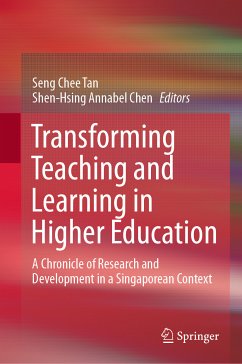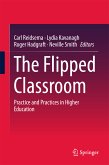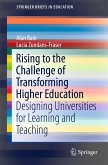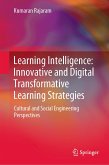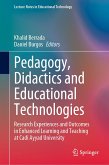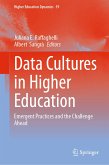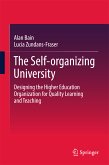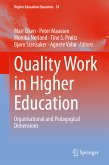This book chronicles the journeys of educational researchers and academics who have engaged in research and development to improve teaching and learning at universities. It highlights the research evidence, approaches, and in many cases, the journey of transformation rather than prescribing certain principles of and approaches to effective instruction. In other words, it not only describes the destination, but also various pathways leading toward it. Further, it focuses on mechanisms for improving the approaches discussed, rather than simply determining whether one works better than the other. As such, novice and seasoned academics and teaching staff in higher education will benefit from this book, not just from the teaching and learning approaches it highlights, but also from the insights into the respective journeys. The research and development methods and approaches discussed here will also appeal to researchers working in teaching and learning in higher education.
Dieser Download kann aus rechtlichen Gründen nur mit Rechnungsadresse in A, B, BG, CY, CZ, D, DK, EW, E, FIN, F, GR, HR, H, IRL, I, LT, L, LR, M, NL, PL, P, R, S, SLO, SK ausgeliefert werden.

